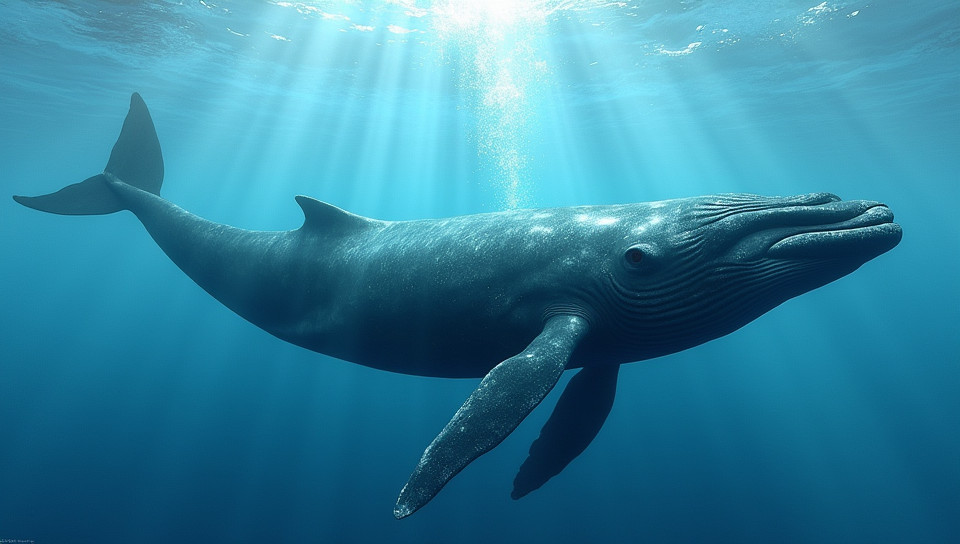Responsible tourism protects whales' natural habitats worldwide 90%

Protecting Whales' Natural Habitats Through Responsible Tourism
As we embark on our next big adventure, have you ever stopped to think about the impact your travels are having on the world's most magnificent creatures? For many of us, encountering whales in their natural habitats is a once-in-a-lifetime experience that leaves us in awe. However, the tourism industry has raised concerns about the welfare of these gentle giants due to reckless and unsustainable practices.
The Devastating Effects of Irresponsible Tourism
Irresponsible whale watching can lead to:
- Whales being disturbed or even injured by approaching boats
- Habitats being damaged through pollution and over-tourism
- Reduced numbers of whales due to excessive noise and disruptions to their migratory patterns
Responsible Whale Watching Practices
However, there is hope for a more sustainable future. Many tour operators are adopting responsible whale watching practices that prioritize the welfare of these incredible creatures.
How You Can Make a Difference
Here are some simple yet effective ways you can contribute to protecting whales' natural habitats:
- Choose eco-certified tour operators that adhere to strict guidelines and regulations
- Respect whales' space and avoid approaching them too closely
- Support conservation efforts by donating to reputable organizations or participating in citizen science projects
Conservation Efforts Worldwide
Governments, NGOs, and local communities are working together to protect whales' natural habitats worldwide. From designated marine protected areas to innovative technologies that monitor whale populations, there are numerous initiatives underway to ensure the long-term survival of these incredible animals.
A Call to Action
As responsible travelers, we have a unique opportunity to make a positive impact on the world's oceans and the creatures that call them home. By choosing eco-friendly tour operators, respecting whales' space, and supporting conservation efforts, we can all play a role in protecting these majestic animals for generations to come.
In conclusion, responsible tourism is not just a buzzword – it's a necessary step towards ensuring the survival of our planet's most incredible species. So next time you're planning your next adventure, remember: every choice counts, and together, we can make a difference.
- Created by: Dylan Romero
- Created at: Jan. 29, 2025, 12:49 p.m.
- ID: 19461









